The Romania-Ukraine Regional Office for Cross-border Cooperation (BRCT) in Suceava marked 20 years of cross-border cooperation on Wednesday in Tulcea, with the inauguration of a mural on the wall of Alexandru Ciucurencu Primary School and also an exhibition of posters showcasing successful projects from recent year, which will travel next week to Brussels as part of an event celebrating the 35th anniversary of the European Interreg programme.
Cezar Grozavu, Executive Director of BRCT, told Agerpres that in just the last two programming periods, 2014-2020 and 2021-2027, the institution he leads provided 70 million euros and 60 million euros respectively to Romanian-Ukrainian communities, compared with 135 million euros allocated to communities in Romania, Ukraine, and the Republic of Moldova during the 2007-2013 Interreg trilateral programme.
"The cooperation has been extremely dynamic and full of challenges, including crises, as these years saw Romania's Euro-Atlantic integration, profound changes within Romanian society, and, at the same time, transformations in neighbouring countries' societies. Our cooperation programmes sought to understand and assist communities on both sides of the border in navigating and modernising these post-communist societies. It has not been easy. Beyond challenges linked to budgets, underfunding, and mentality, a series of crises emerged - the Covid pandemic, the refugee crisis, economic crises - which added pressure, but we managed to turn them into opportunities and move forward," said Executive Director Grozavu.
He recalled that during the 2014-2020 programming period, the absorption rate of European funds exceeded 98%, while in the current period the contracting rate stands at around 70%.
"We are confident that the entire financial allocation of 60 million euros will be contracted by the end of this year. I should mention that, despite an initial reduction, the outbreak of the armed conflict in Ukraine led to the reallocation of funds originally assigned to Russia and Belarus under the EU's cross-border programmes. As a result, our programme benefited from additional funding, which will be reflected in new projects," said Cezar Grozavu, Executive Director of BRCT Suceava.
Among the main challenges of the current Romania-Ukraine Interreg programme caused by Russia's war, Grozavu cited the lack of co-financing due to the military aggression, the devaluation of the hryvnia (Ukraine's national currency), restrictions imposed by martial law, and the administrative-territorial reorganisation of Ukraine, with a rapid reimbursement mechanism for incurred expenses being one solution put into practice.
During the event held at Alexandru Ciucurencu Primary School, Daniela Popescu, representative of the Ministry of Development, Public Works and Administration (MDLPA) and managing authority of the Interreg Next programme, noted that in the previous programming period, of 69 contracted projects, ten - worth around 14 million euros - were developed in the Tulcea-Odesa region. In the current financial exercise, seven of the 49 contracted projects, with an estimated total budget of five million euros, are being carried out in the same region.
"Our projects are very useful for communities in these border areas. We have facilitated partnerships between organisations, local and regional public administrations, and NGOs in Romania and Ukraine, achieving exceptional results. Connections have been forged between people, which is very important, and bridges of trust have been built with communities in Ukraine," emphasised Daniela Popescu.
The Mayor of Tulcea, Stefan Ilie, expressed dissatisfaction that one project submitted under the Health component of the Interreg programme did not receive funding and hoped that local authority initiatives would succeed in the current round of the European programme.
Meanwhile, Liliana Ivanova, representative of the Ukrainian refugee community in Tulcea County and chairwoman of RoUa Solidarity Association, recalled her work in the Odesa region before the outbreak of war and expressed gratitude:
"There are people here I have known for more than 20 years through the cross-border cooperation programme. After the war started, I came to work with partners and friends, something that allowed me to continue my activities in the field in Ukraine. I thank you for being with me on this journey for more than 20 years, for your support, and for being such committed people. Thanks to the programme and the cross-border cooperation instrument, which builds bridges of friendship between neighbouring peoples," said Ivanova at the opening of the poster exhibition.
According to Cezar Grozavu, some of the posters presented in Tulcea on Tuesday, will be displayed next week in Brussels at an event organised by the RoFront association during European Week of Cities and Regions, marking 35 years since the establishment of the Interreg programme.
"Regarding the Romania-Ukraine-Republic of Moldova trilateral programme, the three countries must be willing participants. Their foreign ministries, as well as the managing authority, must have a say. Looking to the post-2027 future, with the EU budget for the new financial period already approved, Interreg programme budgets have been increased, which is good news, as it will automatically be reflected in the post-2027 budget for Romania-Ukraine cooperation," added Grozavu.
The event, held under the motto "Stronger Together", was attended by representatives of local and regional authorities, as well as members of the Ukrainian community who arrived in Tulcea County following Russia's war.
Symbolic murals representing the ties between the two countries were also created in Suceava, Romania, in 2022 and in Chernivtsi, Ukraine, in 2024.

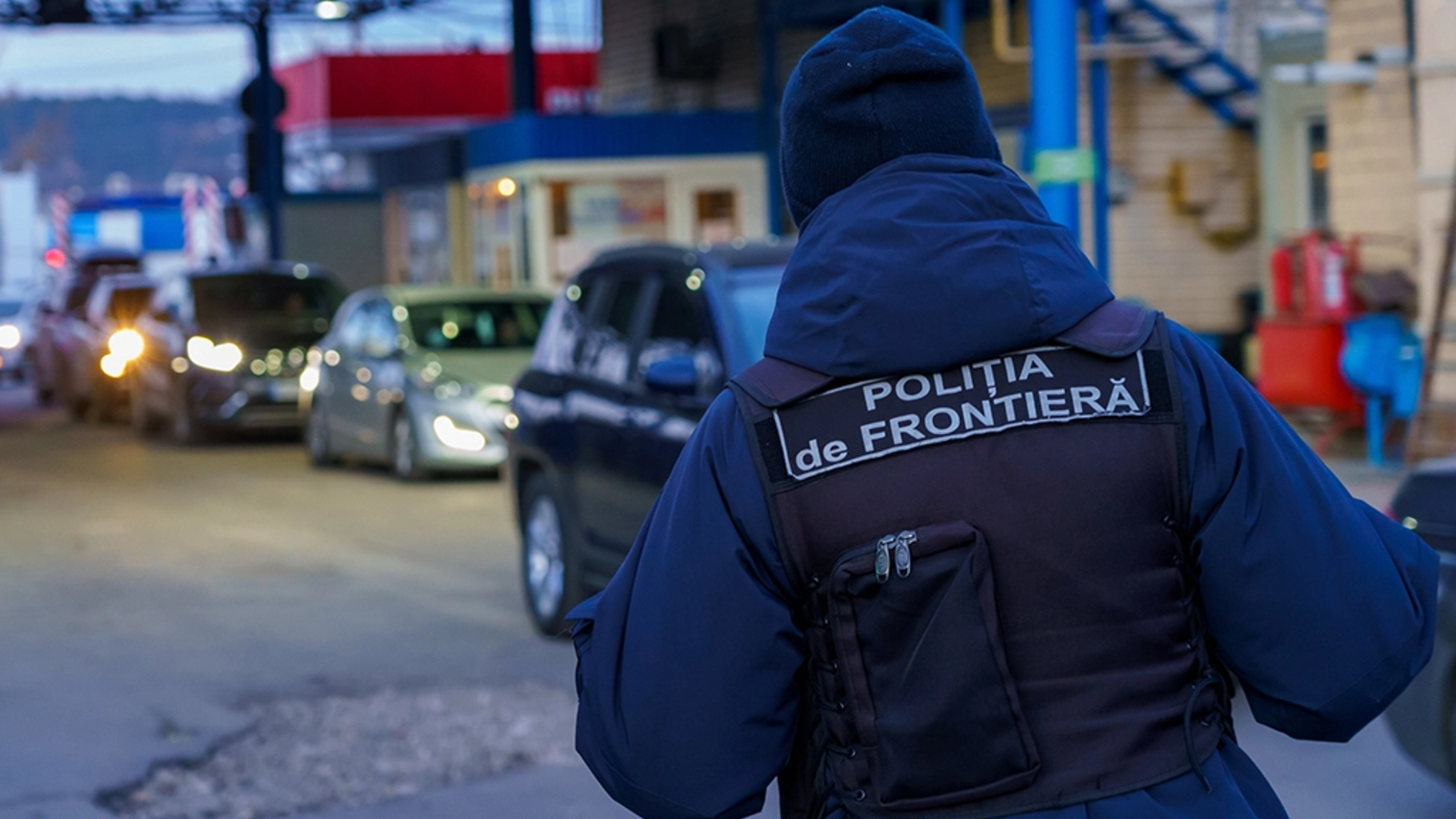
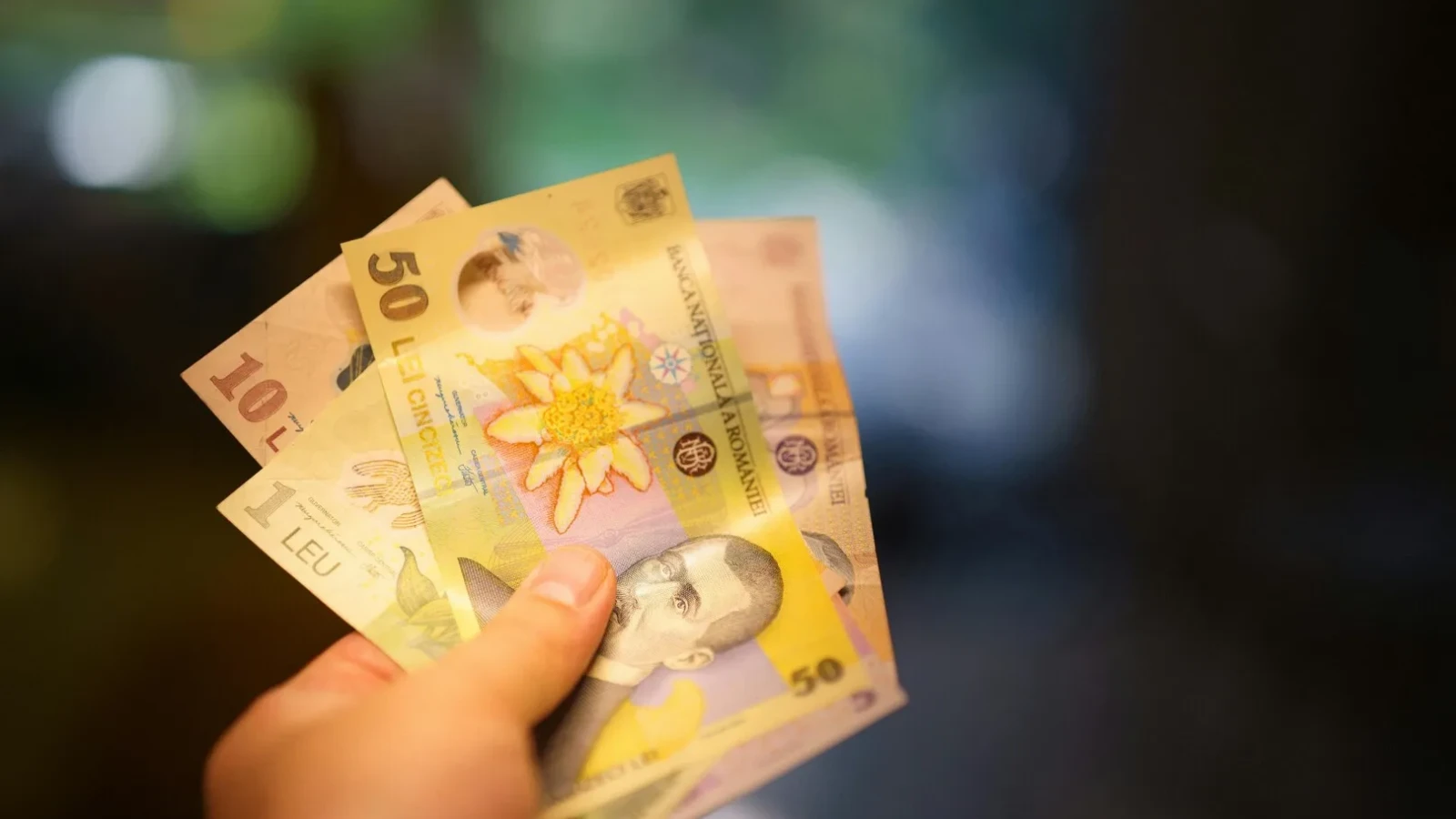
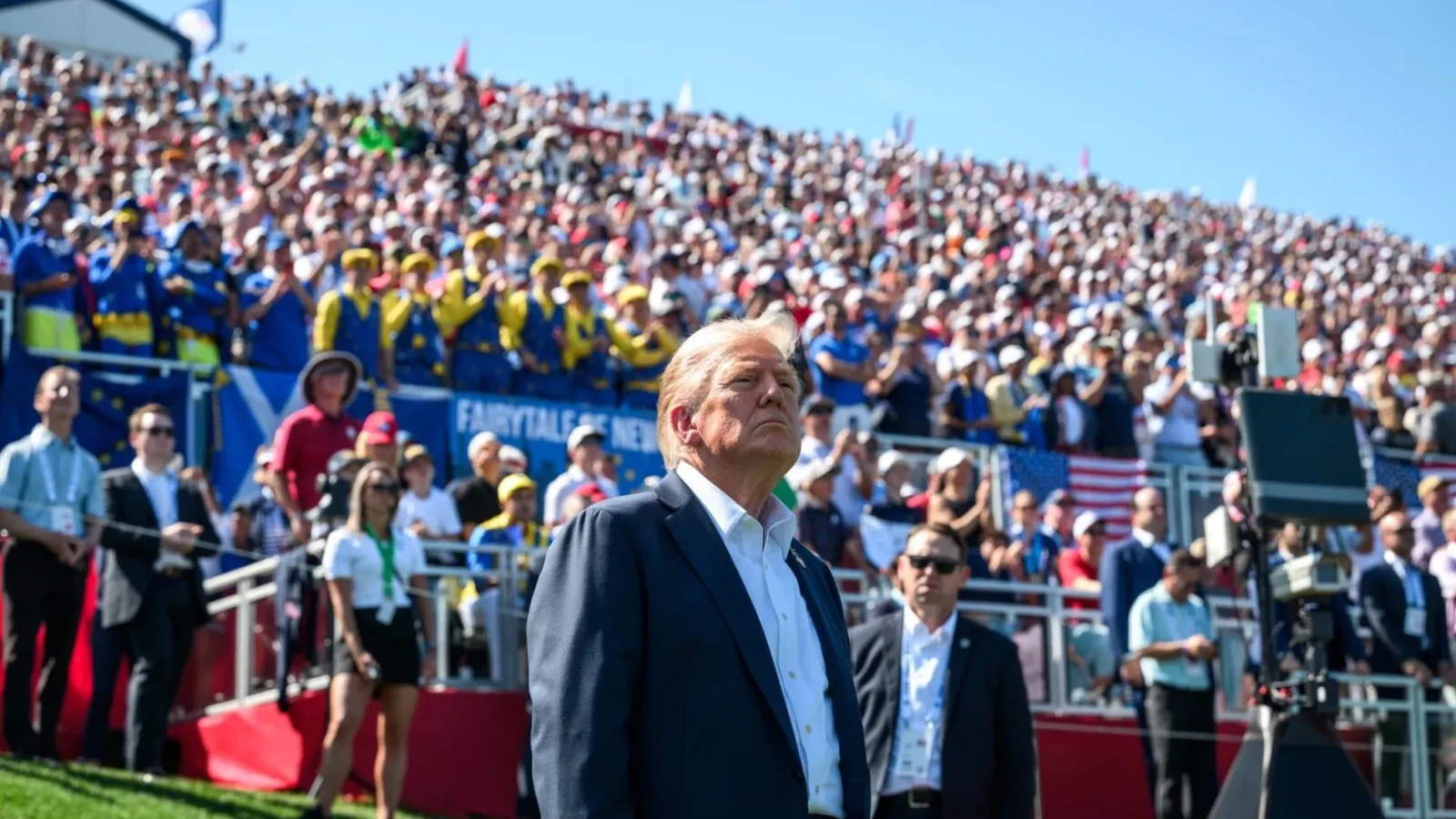




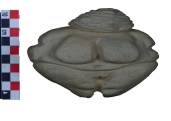


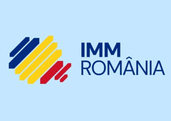
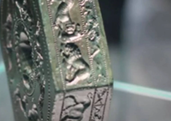

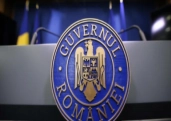

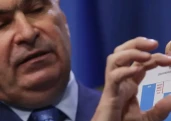











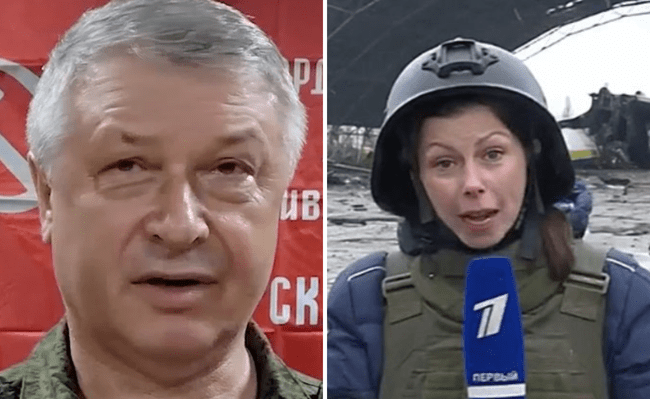
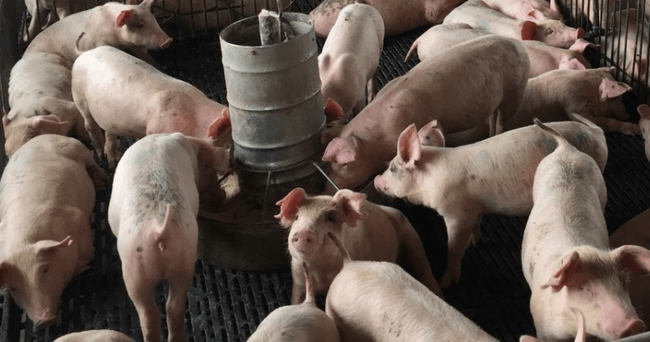


Comentează